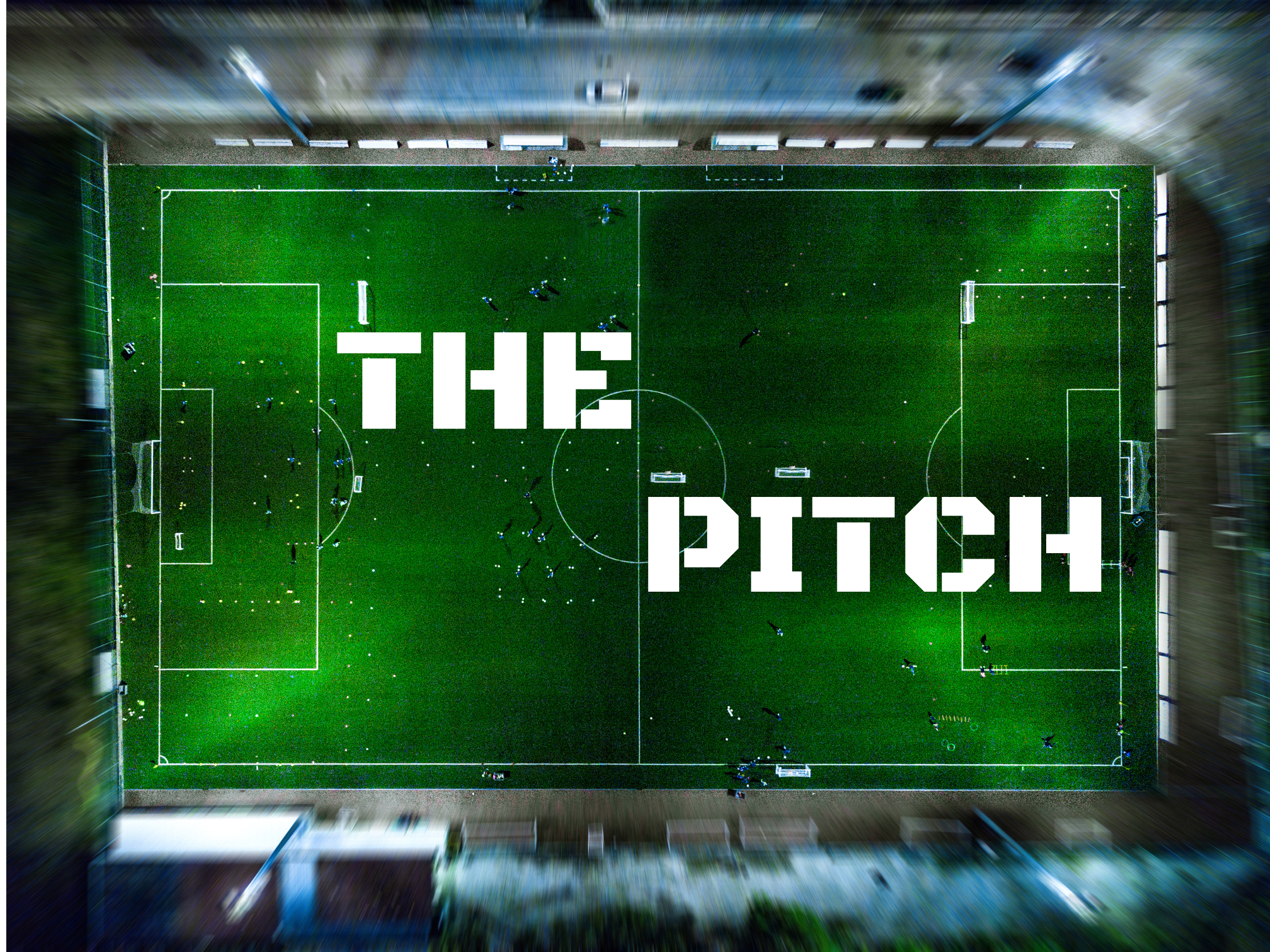
Unleashing Potential: Mental Fitness Strategies for Elite Soccer Players Jul 29, 2025
First and foremost, cultivating a positive mindset is essential. Soccer is a high-pressure sport where maintaining composure can make the difference between victory and defeat. Elite players should practice positive self-talk to reinforce confidence. By replacing negative thoughts with constructive affirmations, players can diminish self-doubt and strengthen their resilience.
Visualization techniques are another powerful tool. Visualization involves mentally rehearsing your performance before stepping onto the field. This practice allows elite players to anticipate challenges and develop strategies to overcome them. By vividly imagining successful plays, players improve their focus and ensure they are mentally prepared for the game. Incorporating sensory details like the feel of the ball or the sound of the crowd can make these visualizations even more effective.
Additionally, developing a pre-game routine is vital for mental preparedness. Routines help in creating consistency and reducing anxiety. Elite soccer players should build a personalized routine that includes elements like deep breathing exercises, dynamic stretching, and a focus session to mentally review their game plan. This routine acts as a mental trigger, signaling the body and mind to transition into peak performance mode.
Moreover, mindfulness and meditation practices have gained popularity among athletes for good reason. Mindfulness enhances concentration and reduces stress, allowing players to remain present in the moment. Regular meditation helps in managing emotions, leading to improved decision-making under pressure. Mindfulness practices can be simple, like focusing on one's breath for a few minutes a day, yet profoundly impactful.
It's also vital for elite soccer players to prioritize recovery and handle setbacks effectively. Recognizing that losses are a part of the game can help players view setbacks as growth opportunities. Resilience in the face of adversity builds mental toughness and prepares players for future challenges. Incorporating recovery techniques like yoga, which combines physical and mental relaxation, can further bolster this resilience.
Furthermore, effective communication is integral to a player's mental fitness. Soccer is a team sport, and strong communication skills foster better teamwork and understanding on the field. Elite players should practice assertive communication, expressing their needs and providing feedback when necessary. This not only enhances their own game but also positively influences the team dynamics.
Lastly, regular reflection on performance is crucial. After each game, taking time to review what went well and identifying areas for improvement can greatly benefit mental growth. By setting specific, measurable goals for future games, players can maintain a clear focus and strive for continuous improvement.
In conclusion, mental fitness is a cornerstone of elite soccer performance. At The Pitch, we advocate for strategies that integrate psychological preparedness with physical training. By cultivating a positive mindset, honing visualization skills, developing routines, embracing mindfulness, focusing on recovery, enhancing communication, and engaging in reflection, players can truly unleash their potential on the field. Achieving greatness in soccer requires not just talent and hard work, but a strong and resilient mind leading the charge.
/filters:no_upscale()/media/d9c76d5d-8e7d-493f-9f34-068b8c4df626.jpeg)
/filters:no_upscale()/filters:format(webp)/media/9b6759dc-5103-4462-974e-9d0910eb4a37.jpeg)